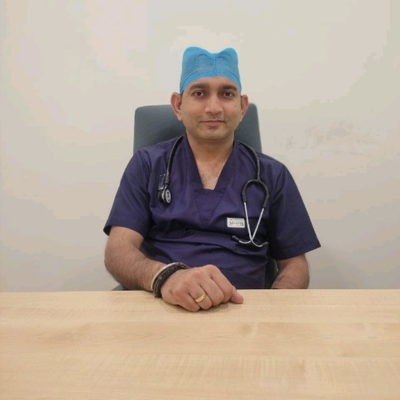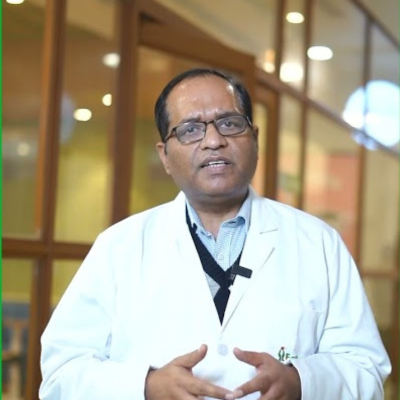Liver Transplant: Types, Procedure, and Documents Required
 30 September,2024
Read More
30 September,2024
Read More
Enquire now in case of any assistance needed
Aorta Surgery Treatment Cost in Greater Noida is between USD 5400 - USD 6616
Hospital Days:
Procedure Duration:
Aorta surgery is a complex and specialized branch of cardiovascular surgery focused on the treatment of conditions affecting the aorta, the largest and most crucial artery in the human body. The aorta serves as the main conduit for distributing oxygen-rich blood from the heart to the rest of the body. Given its vital role, any abnormalities or disorders in the aorta necessitate careful evaluation and, in many cases, surgical intervention.
The aorta is a large, tubular blood vessel that originates from the left ventricle of the heart and extends down through the chest and abdomen. It can be divided into several segments, including the ascending aorta (closest to the heart), the aortic arch, and the descending aorta. The aorta carries oxygenated blood, making it a critical component of the circulatory system.
The decision for aorta surgery is based on various factors, including the specific condition, its severity, and the patient's overall health. Common indications for aorta surgery include:
Aorta surgery is a critical aspect of cardiovascular medicine, addressing disorders that can have life-threatening consequences. With advancements in surgical techniques and technology, patients now have a range of options for managing aorta-related disorders. The decision for surgery is carefully considered, taking into account the specific condition, its severity, and the overall health of the patient. Aorta surgery, whether open or minimally invasive, offers the potential for improved outcomes, enhanced quality of life, and the opportunity for patients to lead healthier, more active lives.
Senior Consultant
Interventional Cardiologist
Fortis Hospital, Greater Noida
View Doctor Profile Book an AppointmentAssociate Consultant
Cardiologist
Fortis Hospital, Greater Noida
View Doctor Profile Book an AppointmentAssociate Consultant
Cardiologist
Fortis Hospital, Greater Noida
View Doctor Profile Book an AppointmentAdditional Director
Interventional Cardiologist
Fortis Hospital, Greater Noida
View Doctor Profile Book an AppointmentThe Art of Effective Communication
 30 September,2024
Read More
30 September,2024
Read More
 27 September,2024
Read More
27 September,2024
Read More
 26 September,2024
Read More
26 September,2024
Read More
 25 September,2024
Read More
25 September,2024
Read More
 23 September,2024
Read More
23 September,2024
Read More
 20 September,2024
Read More
20 September,2024
Read More



